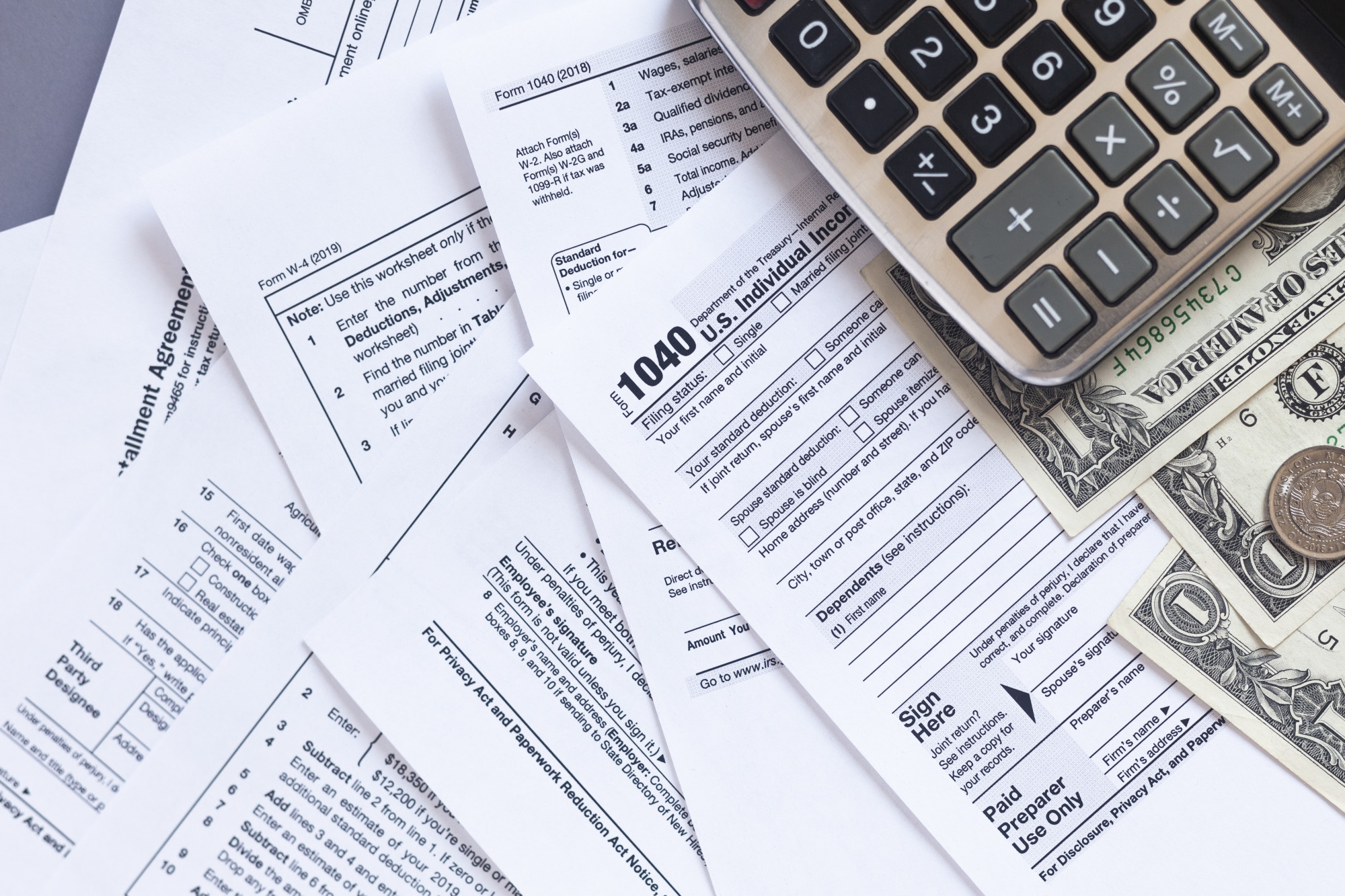A Brief Look Into Tax Settlements: How Do They Work?
According to projections from the nonpartisan Tax Policy Center, 57% of American households did not pay any federal income taxes in 2021.
Whenever you pay your taxes, you’re contributing to the success and well-being of your country. However, there are situations when you can owe more taxes than you were initially expected to. When you do, you may have the opportunity to pay less than expected through a tax settlement.
But how do tax settlements work, and are they a good option for you? We will break it down below.
How Tax Settlements Work
Tax settlements are a process where the government and the taxpayer agree on the amount of taxes owed. This can happen for a variety of reasons, but it is because the taxpayer does not have the money to pay the full amount owed. The settlement process can take a long time, and it is important to make sure that you have a good tax attorney to help you through it.
What Is a Tax Settlement?
Whenever the topic of taxes comes up, there is always a lot of confusion surrounding them. Many people are unsure of what tax settlements are. A tax settlement is an agreement between a taxpayer and the IRS to pay a reduced amount of taxes owed. This can be done for a variety of reasons, such as financial hardship or an error on the part of the taxpayer.
Tax settlements are not easy to come by and they are often only available to those who are truly in need. The process of reaching a tax settlement can be long and arduous, but it is often worth it in the end.
What Are the Benefits?
Tax settlements can offer a way out of the misery of tax debt. By negotiating a settlement with the IRS, you can reduce the amount of money you owe, making it more manageable. The main benefit of a tax settlement is that it can help the taxpayer to avoid penalties and interest charges.
How to Qualify
When you owe back taxes, the IRS has a few options to collect on the debt. One way is to work out a tax settlement. This is an agreement between you and the IRS to pay off your debt for less than what you owe.
To qualify for a tax settlement, you must prove that you can’t pay the total amount you owe. This can be done by showing that you cannot pay your basic living expenses if you pay the full amount owed. You may also be able to qualify for a settlement if you can show that paying the total amount would create financial hardship.
If you can’t prove either of these things, you may still be able to negotiate a settlement if you can come up with a reasonable offer that the IRS accepts. If you want to settle taxes, you need to negotiate with the IRS.
Know the Importance of Tax Settlements
If you owe the IRS money, it’s important to know your options for paying off your debt. One option is to set up a payment plan with the IRS. Another option is to negotiate tax settlements.
A tax settlement is an agreement between you and the IRS to pay off your tax debt for less than the full amount owed. Settling your tax debt can save you money, but it’s important to know the pros and cons of settling before you make a decision.
Browse the rest of this article for more valuable reads.
Keep Visiting Flashy Info

